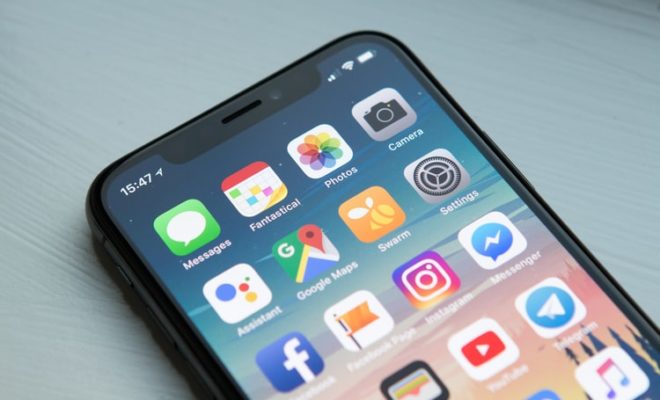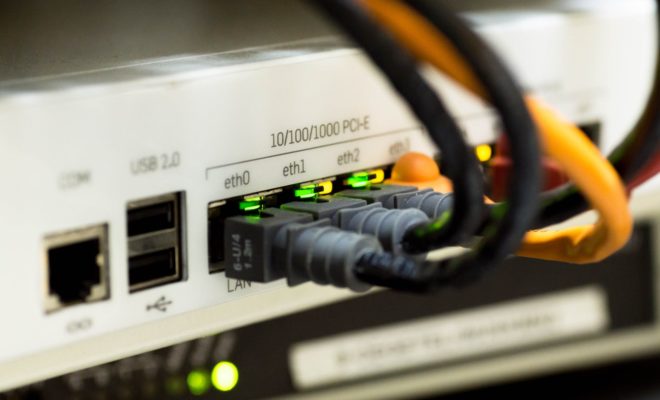Everything You Need to Know About 5G

Simply put, 5G is the fifth generation of the technology that delivers mobile internet services (going online on a mobile or dongle without having to connect to a cable or WiFi).
What the Introduction of 5G Means
As 5G is more advanced than its counterparts 3G and 4G, which you’re familiar with as they’re currently the most used, it promises to be 2,000 times faster than the former and 100 times faster than the latter.
The launch of 5G doesn’t mean it will replace 3G and 4G—it will simply be another added layer on top, which operates at faster and higher frequencies. Due to this, more information can be carried, facilitating the lightning-fast speeds.
Which Phones Support 5G?
Very few phones have the capability of running on 5G as of yet, and that excludes iPhones. Here are some models that currently support 5G:
– Huawei P40
– Samsung Galaxy A90 5G
– Xiaomi Mi MIX 3 5G
– Samsung Galaxy S20 5G, S20+, and S20 Ultra
– Huawei Mate 20 X 5G
– Samsung Galaxy S10 5G
– Samsung Galaxy Note 10+ 5G
The upcoming handset iPhone 12 is also rumored to have 5G support.
How Much Does 5G Cost?
Honestly, 5G is still quite expensive as very few phones, such as those mentioned above, support this new update. Moreover, the phones that support it are quite expensive compared to their 4G counterparts.
Is 5G Worth It?
Unless you’re extremely keen to try it immediately and to have lightning-fast speeds, 5G is too expensive at this point, in addition to the handsets supporting this technology being limited and costly as well.
However, as early adopters pay more for 5G, and more networks offer this technology, its prices are likely to drop soon.
Will 5G Replace Wi Fi?
Normally, to get online, you use a broadband connection provided to your home via a cable or telephone line. To create a wireless signal, a WiFi router is installed. A 5G connection differs from this in the sense that it uses a mobile network without any physical wires.
There are doubts about whether 5G will replace WiFi as its speed could compete with that provided by home broadband connections. If this is true, then some people may ditch their conventional broadband connections. However, as firms continue to invest in upgrading wired connections, there are lower chances of this happening.





